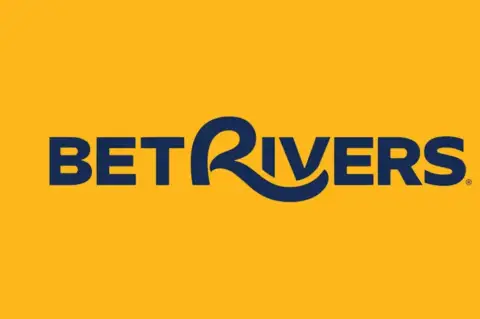Putting the clamps on ads
As legal sports betting has spread throughout the United States, sports betting advertising has become more ubiquitous. Rep. Paul Tonko (D – NY) wants to put a stop to much of it plus implement a slew of other restrictions on sports betting. Working with members of the Northeastern University’s Public Health Advocacy Institute, Tonko penned the SAFE Bet Act because he believes the country is “dealing with a massive and growing public health crisis involving a known, addictive product.”
The SAFE Bet Act would limit how online sportsbooks could market themselves and engage with customers. In terms of advertising, the bill would outlaw ads during live sporting events and ban language that promotes things like “bonus” or “no sweat” bets – the types of incentives that operators use to attract new customers.
He believes that sportsbook advertising is “predatory,” saying on Tuesday, “Just as in the tobacco industry when it was determined that that industry was posing a public health situation, we have now displaced Joe Camel with celebrity spokespeople and, yes, free product.”
Tonko used the Public Health Cigarette Smoking Act, which prohibited tobacco ads, as a guide.
The bill would also ban credit cards for deposits at online sportsbooks. Though gamblers can of course run into trouble with debit cards, they are limited by the amount of money in the associated account. Credit cards, while the do have credit limits, are more easily used to rack up debt when one is not careful.
In addition, sportsbooks would be prohibited from taking more than five deposits from an individual in a 24-hour period.
No to AI
The SAFE Bet Act also addresses artificial intelligence (AI). It would ban the use of AI to track a customer’s gambling patterns and, in turn, use that information to tailor promotions and microbets to that person.
“One of my greatest concerns about an unregulated sports betting industry is its use of massive supercomputing power and artificial intelligence to deliver thousands of instant microbets that are carefully tailored to each consumer’s gambling profile,” said Mark Gottlieb, executive director of the Public Health Advocacy Institute, at a press conference. “These sorts of bets are offered every few seconds of practically every sporting event and provide opportunities for hundreds if not thousands of bets during a single contest.”
Rep. Tonko and those at the Public Health Advocacy Institute say they are not necessarily against gambling and that the bill “is not an attack on gambling.” Their goal is to make sports betting safer for the consumer.
The post New York Congressman to Introduce Federal Bill to Regulate Sports Betting appeared first on Poker News Daily.













